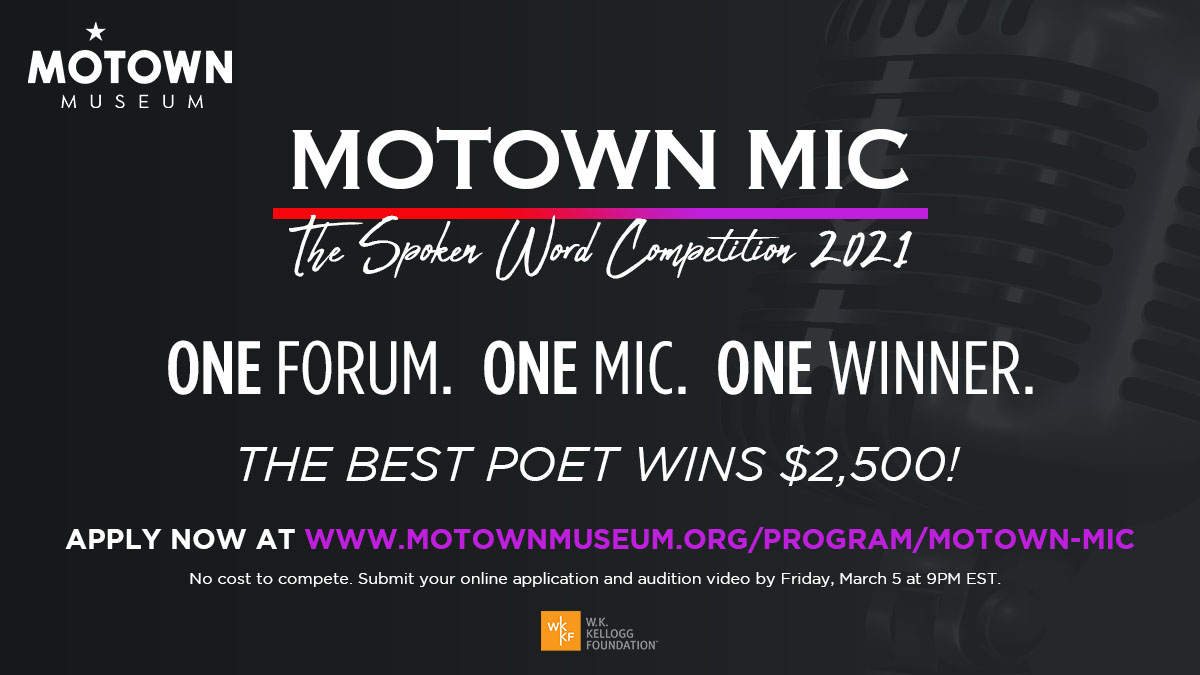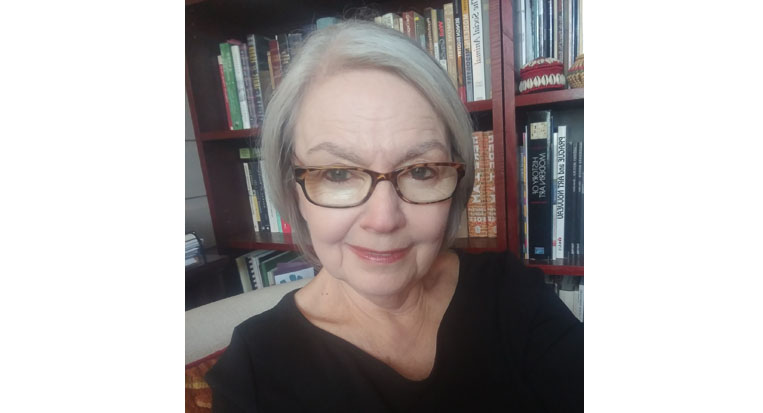A Moment in the Dark
If you are reading this and aren’t from Texas, say some prayers. We are still in recovery mode—our homes are still spaces scarred by ice and busted pipes, waterlogged walls and no food or shelter, all on top of a pandemic. Give us grace.
It isn’t that the winter storm is something we cannot adapt to—it is that this is the latest in a series of natural disasters that Houston has had to endure. The trauma is real. The longing for calm is palpable.
We are boiling water, we are waiting for plumbers to fix the pipes, who in turn have to scavenge to find the materials to fix our houses, and their own. Some of us are still waiting on the lights...IN THE MIDDLE OF A PANDEMIC.
I wrote a poem on the second night of my own family’s personal ordeal. I thought of what could bring down cheer to the heart, not even knowing when this would see the light of day. I wrote this with my phone at 5 percent battery life.
How to Prepare for Winter Storm in TX
The day brings white ice and soon the
Stars see us, wishing on a single thread.
At dusk, we come undone, wait for light
Night brings a child we cannot avoid, we
Are creatures of light, we gather in
Big pockets, we muscle fire forward
And we do howl for peace and flame.
Bright smiles keep us warm even when
Deep rains cause us to freeze. We know
In the gut, what it means to rise up, take
Heart that this won’t bring me down.
I’ll find you, bring you hot hands and song.
If you have a moment, please consider donating to these sources to help the Houston community. Many are overwhelmed with monetary donations, but offer other ways to help. Please also be careful to verify the accounts you send funds to as there have been reports of scams and fake accounts on Venmo and other payment platforms.
Here are a few local organizations to consider supporting:
1. Houseless Organizing Coalition (@HocHtx) is a revolutionary coalition fully operated by BIPOC organizers building dual power within Houston’s houseless community. They are currently distributing supplies and addressing needs for those in our houseless community.
2. West Street Recovery (@weststreetrecovery) is a horizontally organized grassroots nonprofit organization which aims to use efforts toward recovery after Hurricane Harvey to build community power.
3. Houston Food Bank (@HoustonFoodBank ) serves more than 1.1 million people in the eighteen Southeast Texas counties and distributes food and other essentials to those in need through a network of 1,500 community partners.
4. Texas Jail Project (@TxJailProject) is a grassroots advocacy project that listens, informs, and advocates for people trapped in Texas county jails. Amidst the Texas Winter Storm, they have set up a rapid response helpline for folks and their families to report on-the-ground conditions in jail facilities where thousands have no clean drinking water and are experiencing neglect. They are distributing funds to people's commissaries for those who are able to purchase food, water, and hygiene products through their jail’s commissary stores. They are also posting money to phone accounts and covering the cost of all collect calls from jails.
Lupe Mendez is the literary outreach coordinator for Poets & Writers in Houston. Contact him at Houston@pw.org or on Twitter, @houstonpworg.





